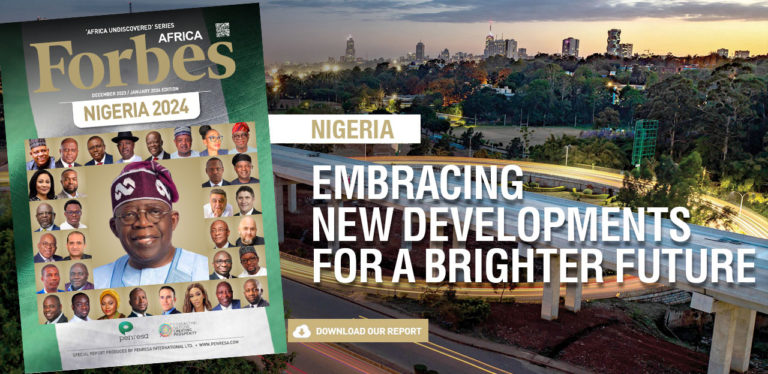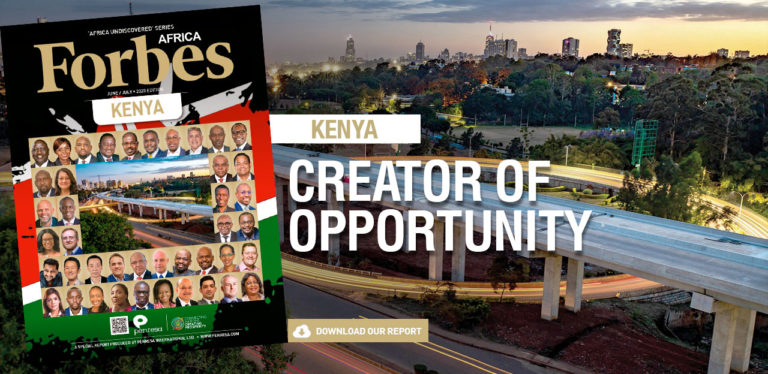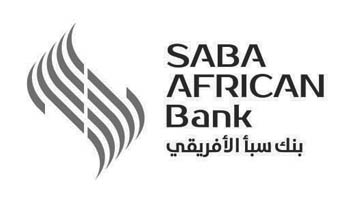Since 2015, the Magufuli administration has set an ambitious industrialisation agenda in pursuit of the goals articulated in its Vision 2025.
Based on the principles of sustainable development, Tanzania has been busy ramping up policies to boost their manufacturing, agriculture, tourism, transport and energy sectors, without compromising the needs of future generations.
East Africa, along with the Horn of Africa, has emerged as the fastest growing FDI destination on the continent. Of the $3 billion that goes towards the East African Community (EAC) trading bloc, Tanzania is the leading nation registering FDI projects worth US$1.2 billion.
Tanzania’s economy is forecast to grow 7.3% in 2019, from an estimated 7.2% last year, helped by public infrastructure investments and favourable weather. President Dr John Pombe Joseph Magufuli has emphasised the need for foreign investments in the state to drive economic development while implementing Tanzania’s 2025 Vision to become a middle-income nation through industrialisation.
“Our strategy of developing industries is by motivating and attracting investors to invest in different areas of our country,” states President Magufuli. “The infrastructure for such investment is already in place and within no time we will improve them further.” As part of the country’s push for sustainable energy independence, Tanzania has moved away from importing fossil fuels to focus on using their own domestic natural gas reserves, and therefore massively accelerates domestic economic output and capabilities.
The growing improvement in roads and railways across East Africa opens opportunities for logistics in a country where urbanisation stands at about 30%, and many farms operate at a significant distance from the ports in Dar es Salaam. “Tanzania is bordered with seven countries and most of our neighbours are landlocked. If they want access to the world, it is only through Tanzania. So that gives a huge opportunity for an investor who wants them to grow into the port southern region in the east African community,” states Mr Gift Shoko, Chief Executive Officer of Commercial Bank of Africa (CBA).
The modernisation of the DSM port, construction of the Standard Gauge Railway and rehabilitation of existing metre gauge rail will complete the logistic chain from the port of DSM as the major port of export to the neighbouring land linked states.
With 15 million young Tanzanians entering the work force within the next 15 years, the nation’s new US$120 million Education and Skills for Production Jobs Program (ESPJ) will be directed at training 30,000 youths in tourism, agriculture, agribusiness and agro-processing, transport and logistics, construction, communications and energy. Developing its future human capital is essential as Tanzania aims to develop a broad and diverse base of manufacturing, processing and packaging industries to fuel their economic growth.
- Agriculture
Agriculture is crucial as it is the country’s economic mainstay, a source of livelihood to most of the population and main export earner. The government has put in place several reforms to improve agro-processing, which adds much more value to the economy. “We need to make sure that our industries get raw materials within the country, so that they produce within the country, they add value to the agriculture before exporting. Exportation of value-added products have a much higher value than just raw commodities. Thus, agro-processing is our first priority,” states former Minister of Industry, Trade and Investment, Mr Joseph Kakunda.
- Mining
In an effort to maximise its abundant mineral resources, Tanzania has set new reforms regarding the mining sector. Under new regulations, Tanzania will now make it compulsory for foreign-owned mining groups to offer shares to the government and local companies.
The new rules also require indigenous Tanzanian companies to have at least 5% equity participation in a mining company in addition to a 16% government free carried interest under the Mining Act. “There will be no nationalisation, there will be no expropriation. Looking at this act, so long as the government has 16% undiluted share, which means mining concerns will now be a joint venture,” states Hon. Prof. Palamagamba Kabudi, who was the Minister of Constitution and lead government negotiator with Barrick. “That in itself is a big guarantee to any investor because once you invest together with the government, you have the goodwill of the government.”
- Tourism
Tanzania is an unforgettable destination, thanks to the land of the Kilimanjaro, the Serengeti, the Ngorongoro Crater and the beautiful Zanzibar beach sceneries. As the only country in the world that has allocated more than 25% of its total area for wildlife and other resources’ conservation, Tanzania offers adventure, excitement and splendor in all forms.
In an attempt to revive the airline market in Tanzania, the government has purchased eight new aircraft making Air Tanzania the first African carrier to take delivery of the Airbus A220 aircraft, the newest addition to the Airbus family of commercial aircraft. “With the addition of the A220 in our fleet we are confident that we will expand our footprint in the growing African markets and beyond, as we unlock additional routes and regain our position as a key player in the African air transport market,” said Air Tanzania’s Managing Director Ladislaus Matindi.
Currently serving international markets of Uganda, Burundi, Comoro Island, Zambia and Zimbabwe, Air Tanzania is now expanding to Europe and going after the lucrative Indian and Guangzhou, China markets.
As the country aims to transform itself to middle-income status, they must continue to transform from its natural resource exploitation activities towards a more diverse based economy. “I personally feel that this is the time to drive opportunity because the vision of the government is the right idea,” states Mr Subhash Patel of the Motisun Group. “There is no economy in the world that can thrive without industrialisation and we are just beginning the industrialisation drive.”





















